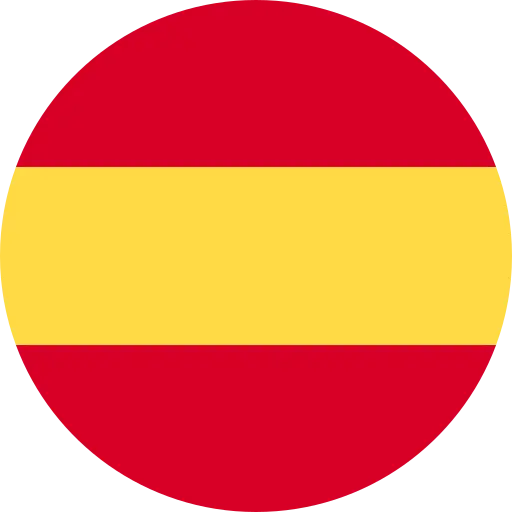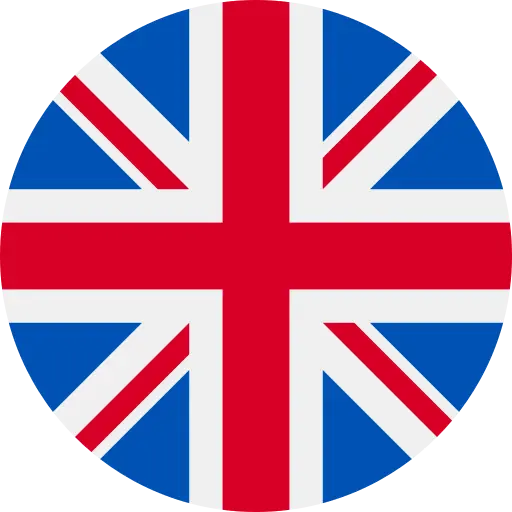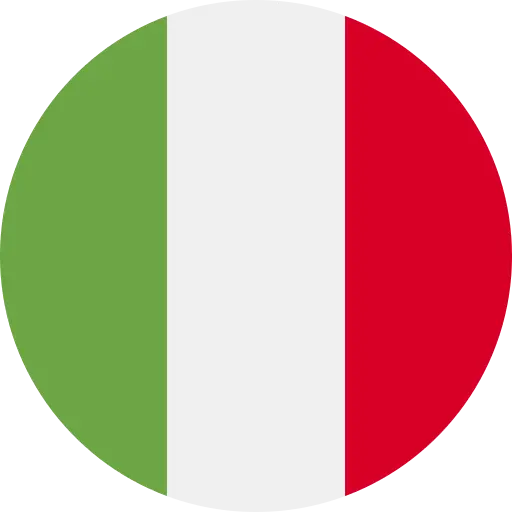
- << LexSupplements
- << Blog
- LEGISLATIVE UPDATES ON THE HEALTH CLAIM REGARDING MONACOLIN K FROM RED YEAST RICE
LEGISLATIVE UPDATES ON THE HEALTH CLAIM REGARDING MONACOLIN K FROM RED YEAST RICE
The new Commission Regulation (EU) 2024/2041 removes the authorized health claim for monacolin K. Keep reading to find out more
The Commission Regulation (EU) No 432/2012, of 16 May 2012, establishes a list of authorized health claims made on foods, other than those referring to the reduction of disease risk and to children's development and health, which must be scientifically substantiated by taking into account the totality of the available scientific data and weighing the evidence. Moreover, to adapt to scientific and technological progress, the list of authorized health claims should be reviewed quickly when necessary.
This list of health claims included a health claim concerning monacolin K from red yeast rice. Specifically, on 28 July 2011, the European Food Safety Authority published a scientific opinion on the substantiation of a health claim related to monacolin K from red yeast rice and the maintenance of normal blood LDL cholesterol concentrations.
The Authority concluded that a cause-and-effect relationship had been established between the consumption of monacolin K from red yeast rice and the maintenance of normal blood LDL cholesterol concentrations with a daily intake of 10 mg of monacolin K from red yeast rice.
However, after several scientific studies, it was concluded that monacolin K in its lactone form is identical to lovastatin, a substance used in medicinal products, and therefore greater control over the safety of monacolin K consumption in food supplements was required.
Following the debate on these use restrictions, Member States raised potential safety issues related to the consumption of foods containing monacolins from red yeast rice.
On 25 June 2018, the European Food Safety Authority adopted a scientific opinion on the safety of monacolins from red yeast rice and confirmed that monacolin K in its lactone form is identical to lovastatin, an active substance in several medicinal products authorized in the Union for the treatment of hypercholesterolemia.
Furthermore, the Authority considered that the available information on adverse effects reported in individuals was sufficient to conclude that monacolins from red yeast rice, when used as food supplements, posed a significant safety concern at a use level of 10 mg/day and that individual cases of serious adverse reactions related to monacolins from red yeast rice had been reported at intake levels below 3 mg/day.
Since no daily intake of monacolins from red yeast rice could be determined that did not raise concern for human health, and given the significant adverse health effects associated with the use of monacolins from red yeast rice at levels of 10 mg/day, as well as individual cases of serious adverse reactions at levels as low as 3 mg/day, Commission Regulation (EU) 2022/860 prohibited the use of monacolins from red yeast rice at levels equal to or greater than 3 mg per portion of the product recommended for daily consumption.
Therefore, in view of the prohibition on the use of monacolins from red yeast rice in food supplements at levels equal to or greater than 3 mg per portion of the product recommended for daily consumption, and considering that health claims must be scientifically substantiated and, above all, avoid any risk to consumers' health, it was necessary to amend the annex to Regulation (EU) 432/2012 on health claims.
Thus, on 29 July of the current year, Commission Regulation (EU) 2024/2041 was adopted, amending Regulation (EU) 432/2012 by deleting the health claim on monacolin K from red yeast rice.
This Regulation 2024/2041 was published on 30 July 2024 in the Official Journal of the European Union and will enter into force 20 days after its publication.
At LexSupplements, we keep up to date with legislative developments affecting food supplements and foods. If you have any questions about food supplements and foods, please feel free to contact us.



